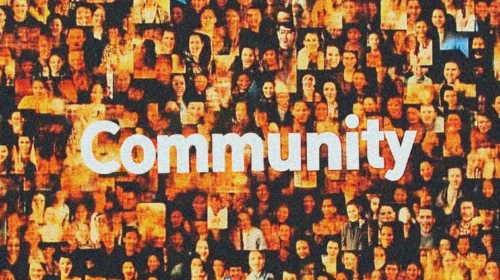One of the most remarkable things about human beings is our ability to keep going—even when we probably shouldn’t.
We show up. We meet deadlines. We smile through discomfort and get on with life as others expect us to. We become experts at suppressing our own needs in favor of fitting in, performing well, and holding it together. And sometimes, we hold it together for years—decades, even—without a single outward crack.
Until one day… we break.
The (Not So) Suddenness of a Breakdown
Mental health breakdowns can seem to come out of nowhere. You wake up and can’t get out of bed, or you’re suddenly hit with unbearable anxiety. You stop eating. You become irritable, distant, erratic. You do something unrecognizable—something that doesn’t fit the version of you others are used to. These ruptures are often met with confusion and urgency. We treat them as malfunctions—something to be corrected quickly so life can return to “normal.” But breakdowns aren’t just episodes of madness or weakness. They’re often the mind’s last-ditch effort to be heard after years of emotional neglect.
Your Crisis Is Trying to Help You
Strange as it sounds, a breakdown can be the beginning of a breakthrough. It’s not simply an illness. It’s the emotional self demanding change—when no other method has worked. It’s a desperate, unspoken plea to slow down, look inward, and confront the feelings and needs that have long gone unmet. In other words: it’s not random. It’s a signal.
That panic attack? That depressive spiral? That outburst or withdrawal? They’re all attempts—clumsy and painful, but very real—to push you toward healing. If you’re living with depression, anxiety, addiction, or unresolved trauma, your breakdown might be your body’s way of saying, enough. Something’s got to give.
What’s Been Buried Will Rise to the Surface
The problem is, we often ignore the softer signs. We brush aside the creeping sadness, the dissatisfaction in our relationships, the yearning for a different kind of life. The conscious mind, built for surviving routines and fulfilling obligations, doesn’t like discomfort. It would rather keep pushing than pause to process. So the emotional self waits. And waits. Until, like a pressure cooker without a release valve, it finally explodes.
Think of it like a revolution. The people (your emotions) have been asking the government (your conscious self) to pay attention for years. Nothing changes. Eventually, they are going to storm the gates.
Not Madness, Meaning
In the middle of a mental health crisis, you might feel like you’re going crazy. But you’re not. You’re responding, in your own way, to something very real. Underneath the chaos, there’s often a clear and valid need: for rest, for truth, for connection, for freedom, for purpose. A good therapist or mental health provider knows this. They don’t just aim to “shut it down”—they listen. They help decode what the crisis is trying to say because, as many people eventually realize: “I don’t know how I would’ve gotten better if I hadn’t fallen apart.”
Breakdowns Are a Fork in the Road
No one chooses to fall apart. But if it’s happening, it deserves our attention—not just medication and management, but reflection and care. This might be the moment your life begins to shift—away from performing and pretending, and toward something more honest, more fulfilling, and more you. You weren’t suddenly broken. You were already hurting. Now, you have a chance to rebuild.
You’re Not Alone
At Recovery Unplugged, we believe breakdowns are turning points—not dead ends. Whether you’re struggling with addiction, depression, anxiety, or overwhelming stress, we’re here to help you make sense of the chaos and find your way back to yourself.
If you’re ready to talk, we’re ready to listen. Reach out to Recovery Unplugged today.

























